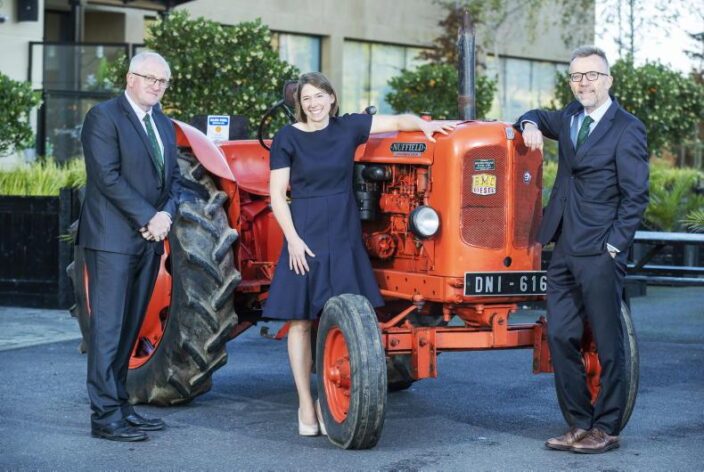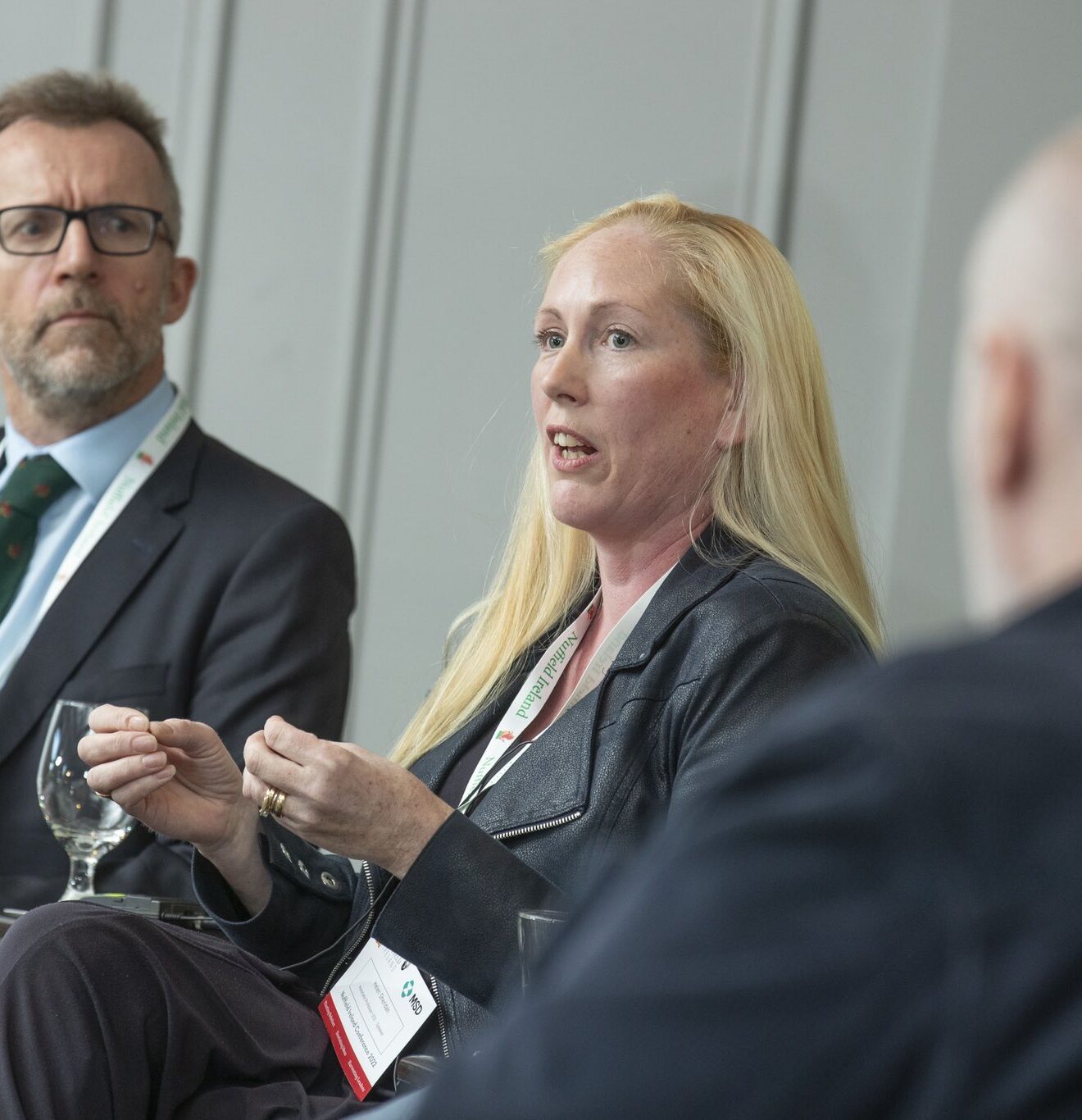It was a great opportunity to chair the keynote session at the Nuffield Ireland conference at the Castleknock Hotel in Dublin. It was a great topic but also easy to get mired in detail and lost in partisan and pointless arguments I set the scene as follows:
This topic is centred on the key challenge of our time – essentially, it is about the relationship between humanity and reality. Humanity seems to be struggling to align with reality. And yet we know for sure that reality will have its way with us regardless. Guaranteed!!
There are four anchor points in the topic that we can use to guide the discussion.
First – is the reference to “moving”. Moving signifies a shift in position. My experience is that activity does not necessarily signify movement. Sometimes we get caught repeating old patterns – but with added vigour – and nothing moves. It is important not to conflate activity with movement.
The second anchor is “greenwashing”. Greenwashing is a trigger issue for environmentalists, and rightly so. It comes in many guises – there is outright deception, such as the VW emissions scandal. There is an exaggeration, such as proclaiming lofty environmental targets without a credible plan for achieving them or attempts to hide behind the warm halo effect of niche micro-projects – such as when Exxon Mobil proclaimed virtue because it has an algae to biofuels project sitting within a portfolio that is 98% fossil fuel based.
The third anchor is the focus on “solutions”. But solutions for what problem? It can be very tempting to jump to solutions without properly diagnosing the problem. Badly designed solutions can make things worse. There is an old saying that a problem well-articulated is already half solved.
Also it can be very tempting to promote the solution we want to provide rather than step back and consider the solutions the world needs.
As Peter Drucker observed – “The greatest danger in times of turbulence is not the turbulence – it is to act with yesterday’s logic.”
The fourth anchor in our topic offers the wonderful concept of “net positive” agriculture. This suggests we are looking for solutions from agriculture that contribute more to solving problems than they do to creating them. A lovely concept for sure, but it is also risky. It is another invitation to make greenwashed claims of virtue.
And who gets to decide what is a net positive solution? In the end, of course, reality will decide. Reality will have its way with us one way or another – so we had better get it right!
The stakes could not be higher, nor our responsibility more significant!
And what a thrill it is to be guided on addressing this challenge by this panel. They are:
Thomas Duffy – Dairy Farmer and VP CEJA (European Council of Young Farmers)
Gillian O’Sullivan, Dairy Farmer and Veterinarian
Helen Sheridan, Associate Professor Agricultural Ecology, UCD School of Agriculture
Kevin Burkum, Chief Communications Officer, Global Dairy Platform – Zooming in from early morning Wisconscin
Ciaran Duggan – environmentalist and entrepreneur

At the Nuffield Ireland conference with Joe Leonard (Chair) and Gillian O’Sullivan (Dairy farmer and veterinarian)
The panel is here to share their perspectives on a subject that tends to polarise different interests into fixed positions. Being fixed means movement is very difficult.
And yet we know that an organisation, a community or a sector that wants to learn and find new solutions has to be willing to look at the information that disconfirms its past beliefs and practices. Communities, organisations or sectors that want to stay vital must search out surprise, look for what is startling, uncomfortable and possibly even shocking.
One of Nuffield’s most valuable organisational competencies, and one of the reasons I love this organisation, is that it consistently creates conditions that generate new ideas and solutions and helps them to be freely shared.

Share this on...